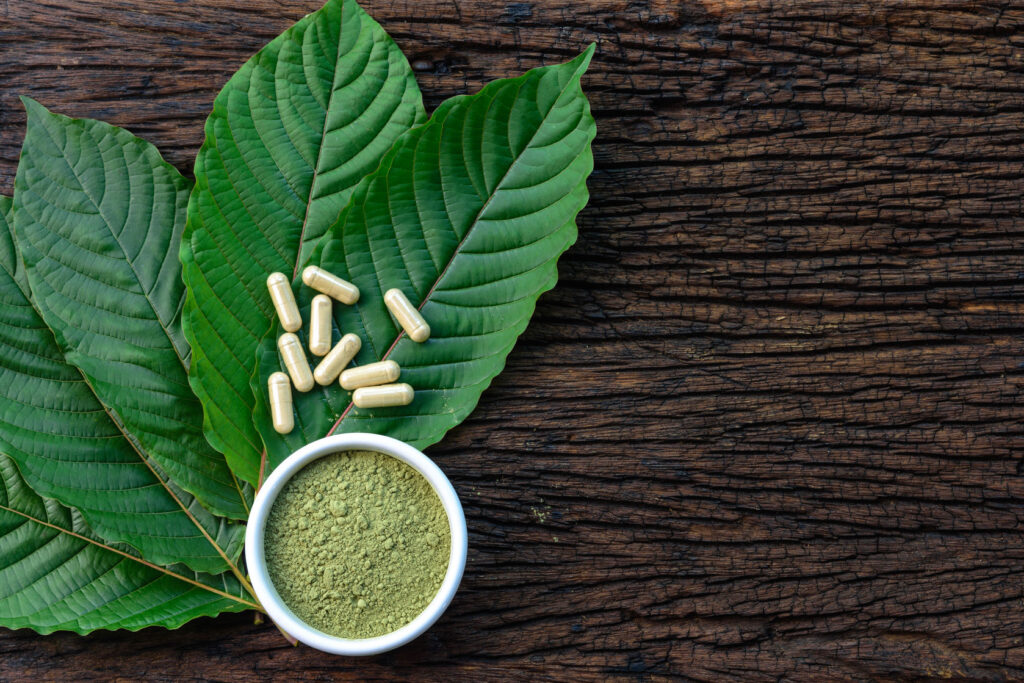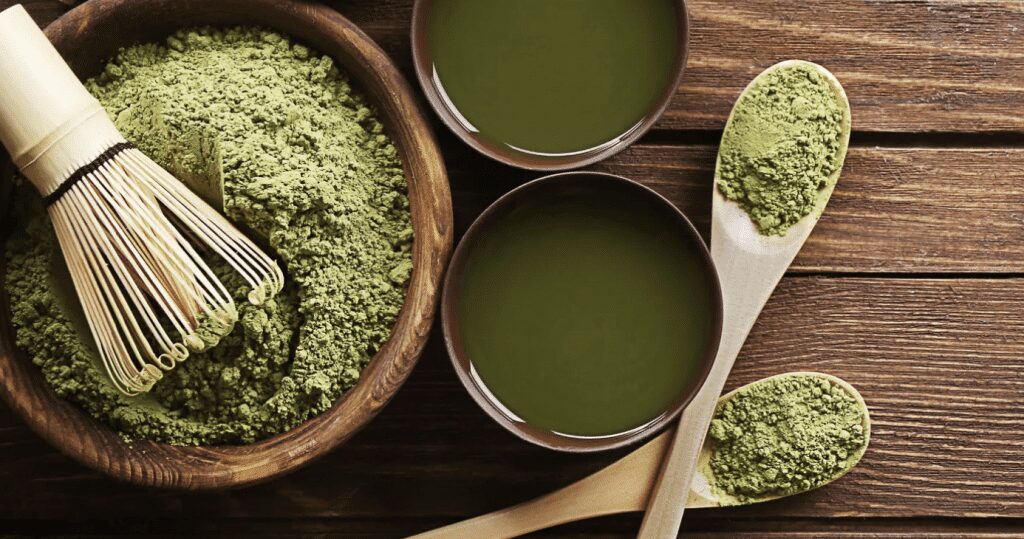Researchers from Johns Hopkins Medicine concluded that the psychoactive compound kratom, which is sold online and in smoke shops across the United States, has a lower rate of harm than prescription opioids for treating pain, anxiety, depression, and addiction, based on the results of a survey of more than 2,700 self-reported users.
According to recent research from Johns Hopkins University School of Medicine, the natural supplement kratom may be less addictive and more helpful for pain management than opioids. Kratom was very beneficial in a cross-sectional, self-report study of 2798 individuals, with 91 percent of persons taking it for pain, 67 percent for anxiety, and 65 percent for depression. Others use Kratom to help with opioid withdrawal and cravings.
What is Kratom?

Source: practicalpainmanagement.com
Kratom (Mitragyna speciosa) is a Southeast Asian tree-like plant that belongs to the same plant family as coffee and gardenias. For hundreds of years, Kratom has been utilized as a herbal treatment in Thailand and nearby countries to treat various diseases. It possesses stimulant and opiate-like properties that are dose dependent. There is some anecdotal evidence to suggest that it may be helpful in the management of withdrawal symptoms associated with opiate addiction, in addition to being used for an energy boost and modest pain relief.
There is limited scientific evidence on the effects of Kratom, and no controlled clinical trials have been done to assess if it is safe for human usage. The majority of what we know about this drug presently comes from anecdotal stories from users and doctors, and animal trials.
Kratom is not a restricted substance in the United States, and it is available in a variety of forms on online websites like bulkkratomnow.com, and head shops, including:
- Chopped leaves in a loose state (to make tea).
- Capsules.
- Tablets that have been compressed.
Is it safe to purchase Kratom online?
Kratom (Mitragyna speciosa) can be purchased online in various forms, including tablets, tea, powder, capsules, dietary supplements, and ingredients. It is primarily grown in the tropics, particularly in Malaysia and Thailand and other Southeast Asian countries such as Papua New Guinea and Indonesia. It has been utilized for stimulant-like effects as well as anxiety and other symptoms throughout history.
The FDA issued a warning to the public and health professionals in September 2019 that Kratom has the same effects as opioids and could be hazardous or addictive.
What is inside the kratom capsules?

Source: homernews.com
More than 20 physiologically active compounds have been discovered in the drug, including some that bind opioid receptors in the human brain and can cause physical dependence and addiction.
Despite the plant’s long history of use as a herbal treatment in Southeast Asia, its addictive potential has led to its prohibition in Thailand, Malaysia, and Myanmar.
Mitragynine and 7-hydroxy mitragynine are thought to help manage pain by binding to opioid receptors, lowering pain perception.
Kratom has grown in popularity as a substitute for opioid painkillers such as Vicodin (hydrocodone) and OxyContin (oxycodone). In addition, Kratom is frequently used to treat chronic pain caused by illnesses including arthritis and fibromyalgia.
According to the findings of an online study conducted in 2014, kratom users in the United States are mostly middle-aged, middle-income persons who are suffering from pain. The majority of the over 8,000 people who responded to the survey claimed they were using Kratom to relieve pain or boost their mood.
Can Kratom cause withdrawal use?
You may have heard that Kratom is non-addictive and does not cause physical dependence. However, kratom withdrawal symptoms exist, and they are comparable to narcotic withdrawal symptoms.
When you are physiologically reliant on a substance like Kratom, you will experience withdrawal. Simply put, your body develops a dependency on a substance to keep you from feeling unpleasant. Substances like Kratom trigger chemical processes in your body, and your body will become accustomed to these activities over time. If they don’t, and you’ve either stopped taking or reduced your dose, you may have withdrawal symptoms.
Dependence is frequently a symptom of addiction, although it is not the same thing. Addiction is defined as the inability to stop using a substance even though it is causing harm to your physical and mental health, relationships, employment, or other elements of your life.
Even if you don’t fit the criteria for a substance use disorder, you can experience kratom withdrawal and require detox treatment.
The potential risk of Kratom

Source: mastercenter.com
In terms of severity, the immediate health dangers of kratom withdrawal are minor; however, the psychological and physical distress may lead to relapse. Getting medical care during this time can help prepare the path for a successful opiate addiction recovery and avoiding a potential kratom addiction.
Finally, when a person goes through any form of drug withdrawal, there’s a higher chance that an existing or underlying mental health problem may worsen. The anxiety and mood swings that often accompany kratom withdrawal, for example, may exacerbate the symptoms of someone who already has anxiety or depression.
Kratom for heroin withdrawal
Kratom is being promoted in some places and by some users as a safe way to withdraw from heroin and other opiates such as prescription medicines. Although Kratom contains chemical components that are not opioids, they bind to opioid receptors in the body.
There have been stories of people using Kratom to detox from opioids at home, but no controlled trials have been done yet. This is troubling, especially given the fact that from 2010 to 2015, calls to poison control centers involving kratom use climbed by a factor of ten, despite limited evidence of Kratom’s efficiency and safety as a method of heroin withdrawal.
Wrap up
There’s no need to go it alone when it comes to kratom withdrawal. Whether inpatient or outpatient, a detox program can provide you with the physical and mental assistance and supervision you need to have a successful and safe withdrawal. Professionals will analyze your physical and emotional health needs and provide appropriate therapy during a medical detox program.
You can also detox in a program that does not include medication but does offer emotional support. The term “social” or “nonmedical” detox refers to this type of detox atmosphere.




